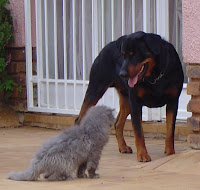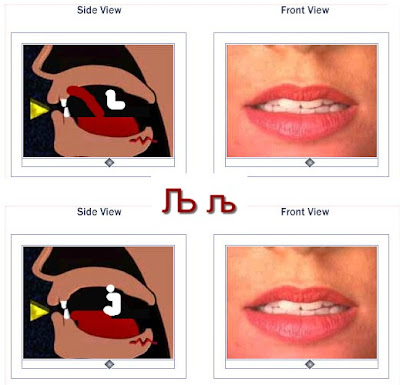In order to persevere with learning the Serbian language you have to be proactive in finding fun and quality material on the internet. In the morning you can work on more demanding materials, such as :
- Short news
- Weather Forecast in Serbian
- For women (choose the topic you like and try to figure out what it is about :)
- For men Short Sports News
- Films
- Serbian lessons and exercises
- Recepti = recipes
- Vukajlija = fun vocabulary definitions(urban dictionary) with photos
- Vicevi po temama = jokes divided in topics
- FaceBook Grupa: Nostalgija
- Demotivacija - slike sa kratkim tekstom = photos with short text
- Njuz - vesti u ogledalu = (more advanced students - fun texts )
- Kupindo - check out the second-hand things you can buy and how much they cost

.png)















